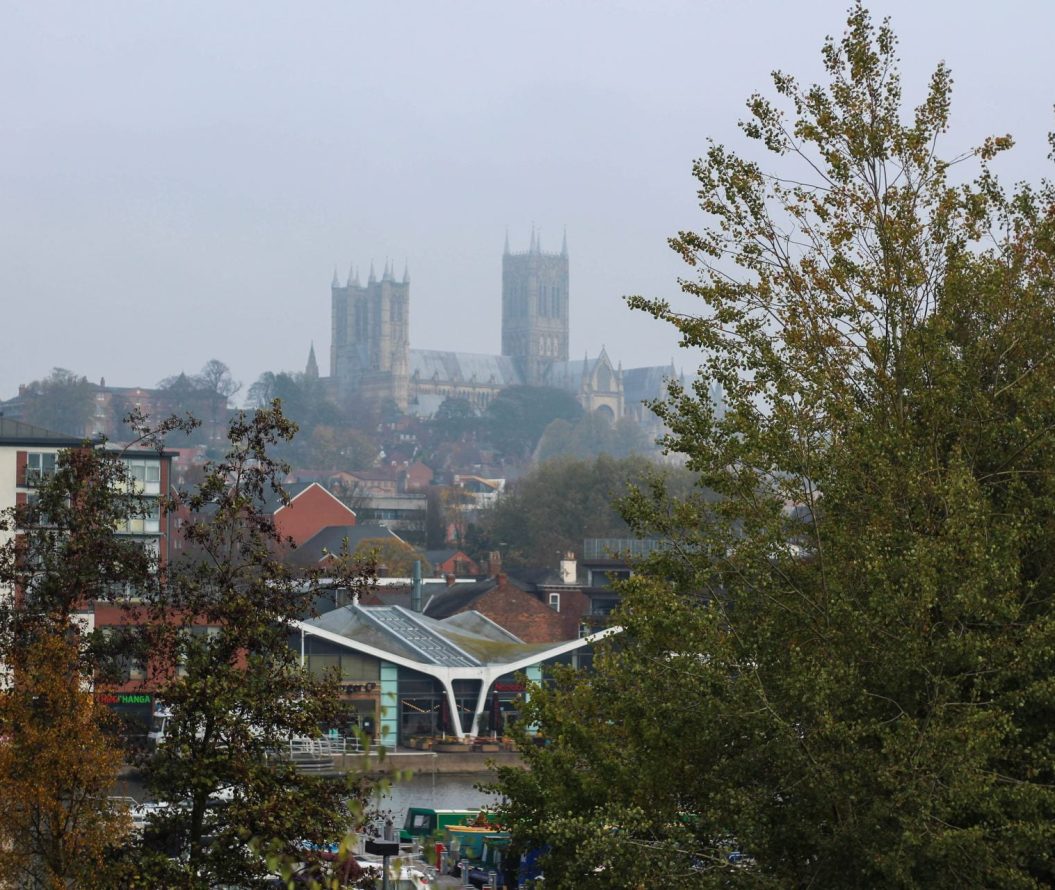I'm a 3rd year Politics and International Relations student from Birmingham. I love training in Brazilian Jiu-Jitsu, running, and flying in a glider near Stratford-Upon-Avon, in Warwickshire. At university I have been learning Arabic outside of class and have an…

Let me start by saying that as a Politics and International Relations student , I will admit that the politics of the UK can seem confusing at times. Most young people tend to form a view of political parties as a result of what their parents or friends have told them. I have also written an article called Political parties for students, to try and help break it down.
The key advice here is to read the manifestos before you vote. They will give you the best knowledge and insight into how a political party plans to run your constituency, the country and the wider foreign policy of the UK.
Secondly, political parties are currently pushing for more and more targeted policies for students, and most of them recognise the importance of the student vote. Feeling disengaged from politics is common. MPs who are wearing suits, sitting in London, making decisions for you and your country, may seem like a strange and daunting prospect for most young people to choose between. Remember that those MPs are the servants of the nation. They work for you. You vote for them to represent you and your constituency. Exercising this right to be represented is a key way you can shape the future of the UK.
Thirdly, there are loads of locations where voting booths and polling stations are set up in and around Lincoln. These are usually local schools or community centres, as well as one at the University Campus. Easy to find!
Here are some of the best reasons to vote in 2019:
1. If you don’t like the predictions, the best way of changing them is through voting.
This is a simple idea. Voters often vote AGAINST people/ideas rather than FOR them, so in order to motivate you to vote, consider this. As of September 2019, according to Ipsos Mori, these are the predicted voting intentions of the UK electorate.
- Conservative – 33%
- Labour – 24%
- Lib Dems – 23%
- Brexit Party – 10%
- Greens – 4%
- Other – 5%
If you don’t like the idea of the Conservatives taking 33% of the vote, or the Green’s losing to the Brexit Party, the only way you can alter this is by voting.
2. Registering to vote has never been easier.
To register online you will need:
- Your national insurance number.
- Your passport.
- 5 minutes of your time.
Registering to vote is an easy process, head to the gov.uk websitegov.uk website and start taking an active part in democracy.
3. In a continually more polarised world, the best way of bringing order and change is through effective democracy.
With the new age of Trump, Brexit and BoJo, the modern voter can feel lost and isolated, and this is especially true of the younger generation, who have not voted before or who do not have an active interest in politics. However, in my opinion, to avoid polarisation too far to the left, or right, the best course of action is to increase the number of people voting.
This is where students come in. By increasing the number of people taking an active and responsible role in politics, we can begin to create a more fair and democratic society, where representation and policy decisions rely on a wide ranging and mixed electorate.
4. Students are a poorly represented group – so get out there and be represented!
Students are notorious for not voting. We are depicted as being too lazy or ill-informed to care about politics, and therefore politicians think it isn’t worth trying to canvas our votes. However, in the last election, the students stole the show.
After a campaign led by the Labour Party aimed at younger and more marginalised voters, the highest voter turnout in 25 years was accompanied by over half of the population’s 18-24 year olds voted.
5. While you are at university your vote MIGHT have more value than at home.
No one has more than one vote, or more voting power than anyone else. However, depending on where you live might depend on how likely your vote is to sway a local or general election. For example in 2017, the Labour Party won the Lincoln constituency with a 3.2% majority; not a large margin for security. Whereas in my home constituency the Conservative Party won with a 30.7% majority.
What does this mean for a student? You should choose where you vote (home or at university) by which has the smaller majority. A smaller majority means that your vote has more influence as to which party wins the constituency.




